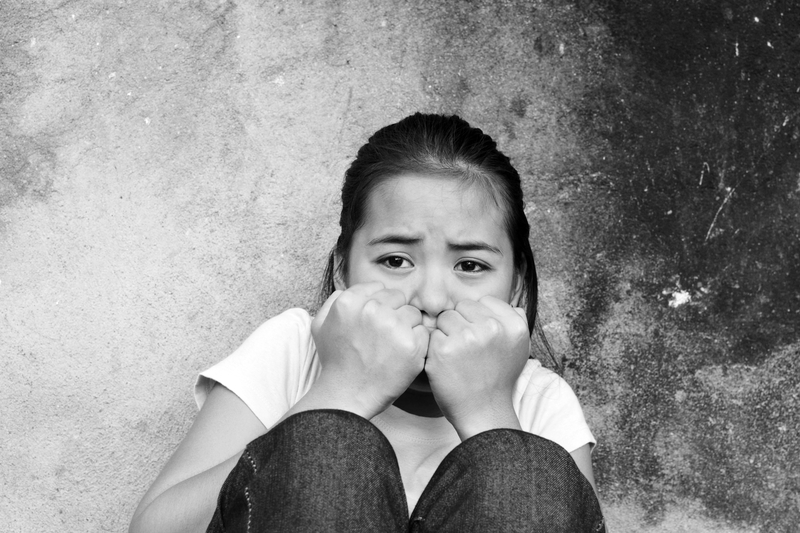In 2019, about 1 in 5 high school students reported being bullied on school property in the last year.
There is hope. Children can and do recover from traumatic events, and coaches can play an important role in their recovery.
Impact of Trauma
The impact of child traumatic stress can last well beyond childhood. In fact, research has shown that child trauma survivors may experience:
- Learning problems, including lower grades and more suspensions and expulsions
- Increased use of health and mental health services
- Increase involvement with the child welfare and juvenile justice systems
- Long-term health problems (e.g., diabetes and heart disease)
Trauma is a risk factor for nearly all behavioral health and substance use disorders.
The Antidote
A critical part of children’s recovery is having a supportive care-giving system, access to effective treatments, and service systems that are trauma informed. More importantly, is for the adults around them to see them as whole, creative and capable just as they are, and allow them to be seen, heard and valued.
From the Coach, to a Teacher, to Many Students
Certified Professional Coaches know how to create a safe space and listen so that deeper truths can be heard and addressed. When you coach a teacher, you also teach them what it feels like to be heard – and they soon realize that they want the same for their students.
Teachers quickly learn the basic coaching skills, and apply them to the hundreds of students they meet every year.
When you coach a teacher, you are starting a coaching culture in that classroom and school that continues to give back. This in itself can be an antidote to trauma.
Take Action
C4E is signing up certified coaches who are ready to give at least four hours of coaching to educators, at no charge. Sign up here.


